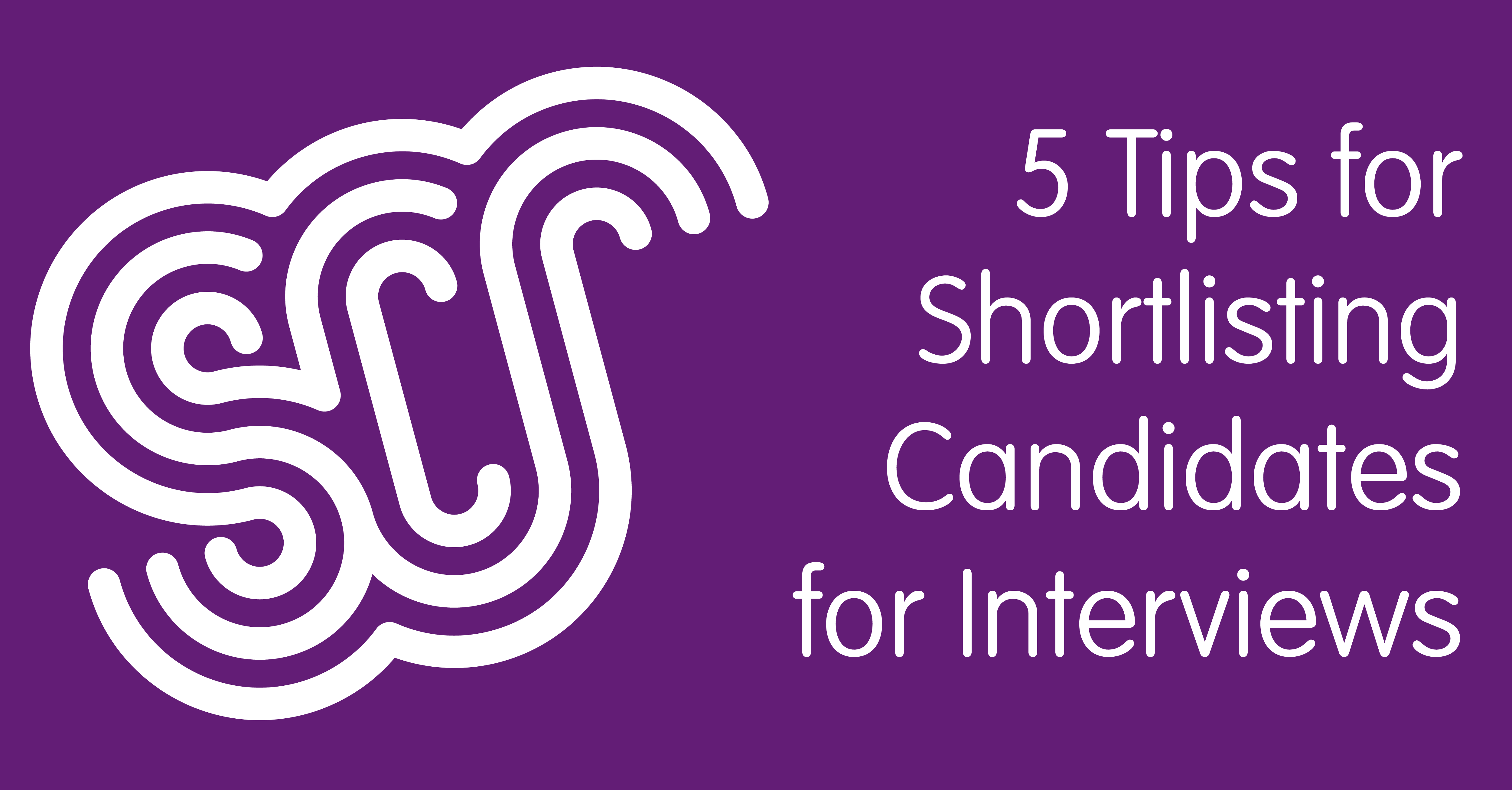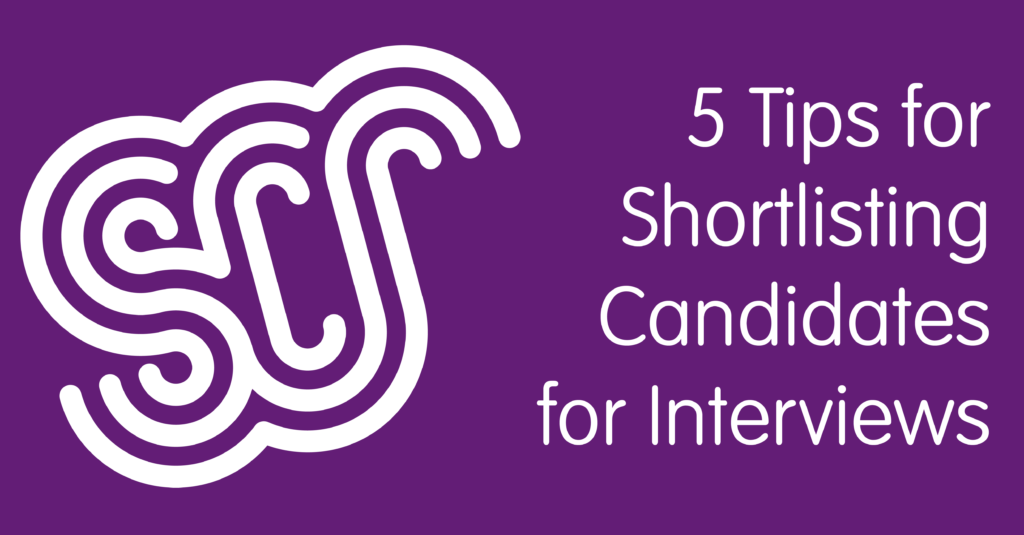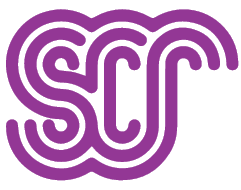
5 Tips for Shortlisting Candidates for Interviews
When it comes to hiring new employees, shortlisting candidates for interviews is a critical step in the process. It can be challenging to determine which candidates are the most qualified for the job, but there are some key tips you can follow to make the process more efficient and effective. Here are five tips to help you shortlist the best candidates for your next round of interviews.
Review CVs thoroughly
The first step in shortlisting candidates for interviews is to review their CVs thoroughly. Look for relevant experience, education, and skills that match the requirements of the job. Pay attention to any gaps in employment or inconsistencies in their work history. It’s also important to check for any red flags, such as frequent job changes or unexplained gaps in employment. By reviewing CVs carefully, you can quickly eliminate candidates who don’t meet the basic requirements for the job.
Look for relevant experience and skills
When shortlisting candidates for interviews, it’s important to focus on their relevant experience and skills. Look for candidates who have worked in similar roles or industries and have the necessary skills to perform the job. This will help ensure that the candidate is a good fit for the position and can hit the ground running. Don’t be swayed by candidates who have impressive but irrelevant experience or skills – stick to what’s important for the job at hand.
Consider cultural fit
While experience and skills are important, it’s also crucial to consider cultural fit when shortlisting candidates for interviews. This means looking for candidates who share the values and work ethic of your company and can work well with the existing team. Consider the company culture and the personalities of the team members when evaluating candidates. A candidate who is a great fit culturally can contribute to a positive work environment and ultimately lead to better job performance.
Check references and conduct background checks
Before shortlisting candidates for interviews, it’s important to conduct reference checks and background checks. This can help you verify the information provided by the candidate and ensure that they have a good track record. Contact the candidate’s previous employers and ask about their work performance, attitude, and behavior. You can also conduct a background check to verify their education, employment history, and criminal record. This step can help you avoid hiring candidates who may not be a good fit for the job or the company culture.
Use pre-employment assessments to evaluate candidates
Pre-employment assessments can be a valuable tool in shortlisting candidates for interviews. These assessments can help you evaluate a candidate’s skills, knowledge, and abilities in a standardized and objective way. There are many types of pre-employment assessments available, including cognitive ability tests, personality tests, and skills tests. Choose the assessment that is most relevant to the job and use it to screen candidates before inviting them for an interview. This can help you save time and resources by focusing on the most qualified candidates.

